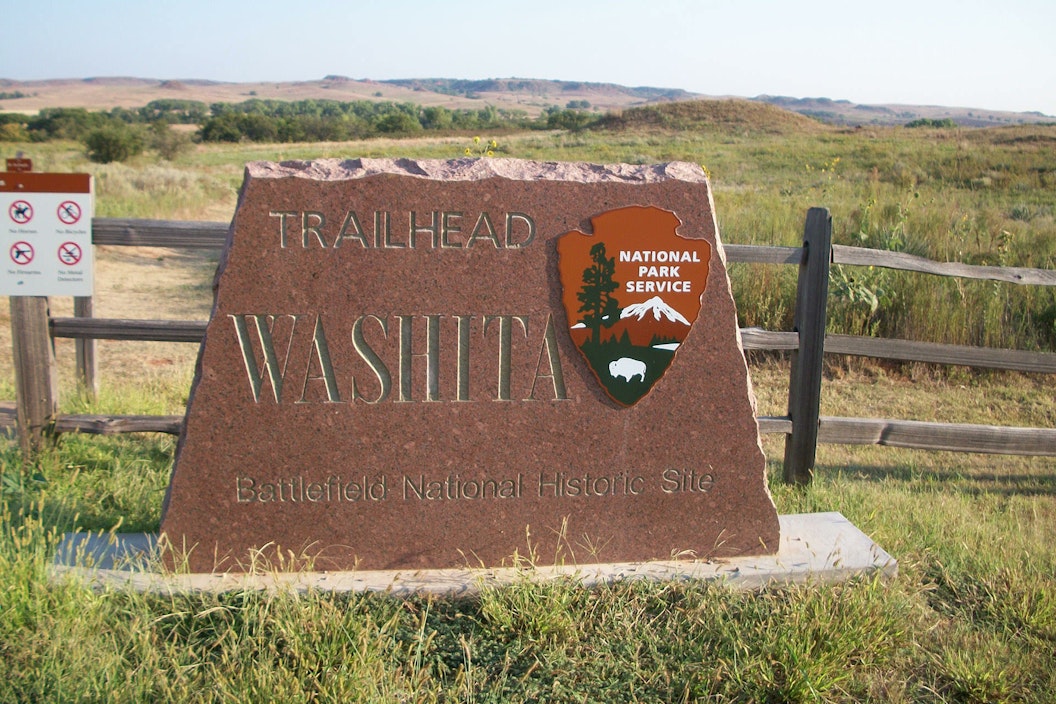
Washita Battlefield National Historic Site protects the site of the Cheyenne village of Peace Chief Black Kettle, who was attacked by the 7th U.S. Cavalry.
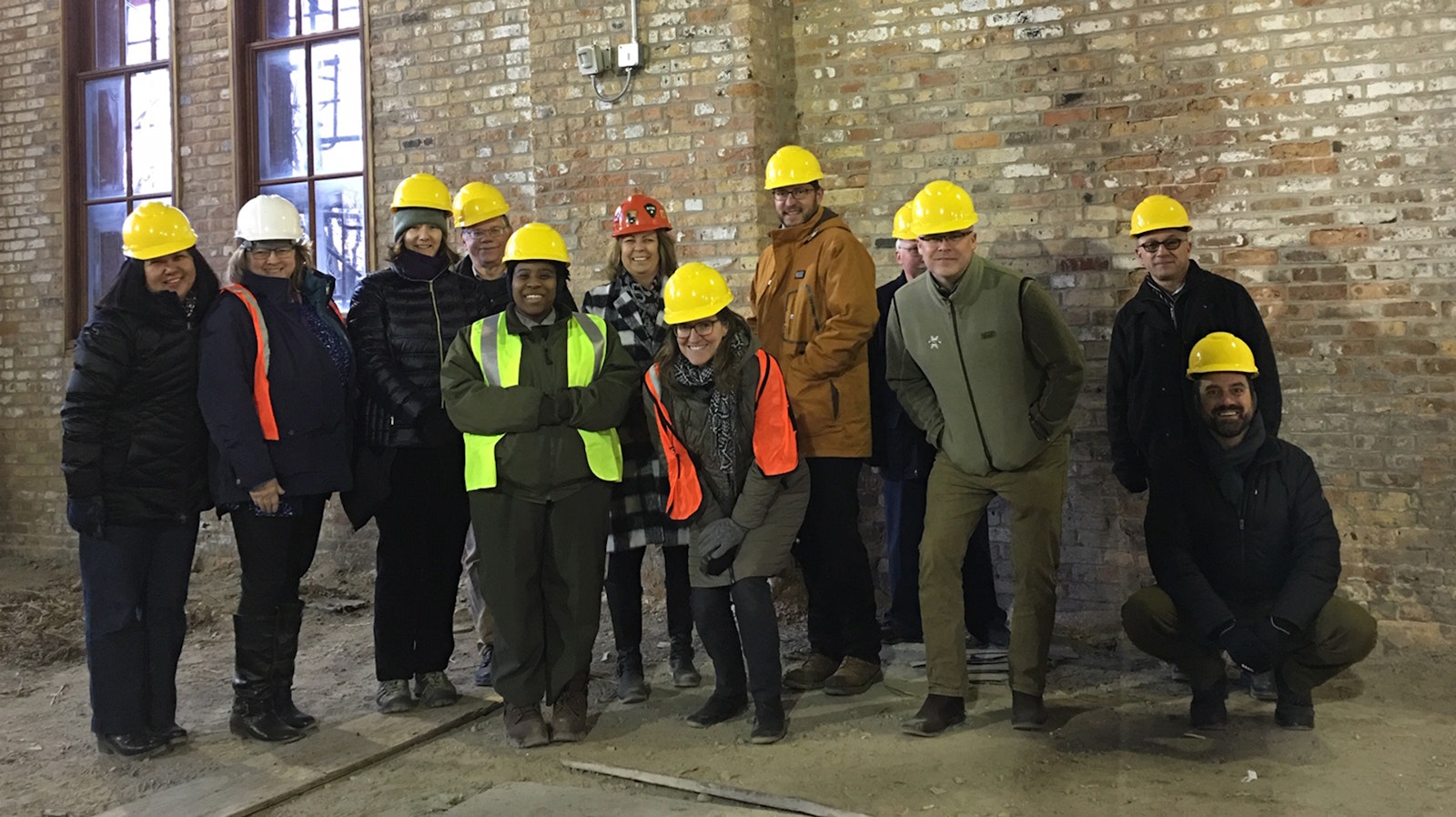
National parks are our country's greatest treasures and draw people from all walks of life who visit to revel in their natural beauty, learn their stories, and leave with greater knowledge and appreciation for our shared history. Each park has a story as complex and fascinating as the people who visit them. For example, there are stories of women during wartime at Washita Battlefield National Historic Site and Valley Forge National Historical Park, the influence of Latino cultures and traditions at sites like Coronado National Memorial and Stonewall National Monument, and a rich history of labor organizing at Pullman National Monument, to name a few. And the complexities of national park stories are always unraveling as we discover untold perspectives and new voices.
In order to uncover these new insights into American history, the National Park Service relies on the research and analysis of academics in the humanities. Humanities scholars study subjects like literature, philosophy, history, politics, religion, archaeology, and art to help us better understand and interpret the world around us.
Thanks to investment from the Andrew W. Mellon Foundation, the National Park Foundation partnered with the National Park Service to support four humanities scholars whose research helps NPS share heretofore untold American stories.
Legacy of Civil Rights Movement Fellowship
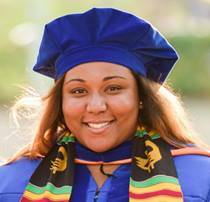
Dr. Mia Carey’s research equips NPS staff with training and skills to teach visitors about African American history and the legacy of the Civil Rights Movement. Her guide for parks is tentatively entitled, We’re Still Marching: A Guide for Civil Rights Interpretation and Community Building. “I believe that all 419 parks have a civil rights story,” notes Carey. “The lasting legacy that I want to leave for the National Park Service and our visitors is that the American parks are for all of us, not just for some of us.”
Gender and Sexuality Equality Fellowship
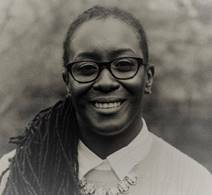
As part of her scholarship, Dr. Sylvea Hollis traveled to Charleston, South Carolina, to meet with members of the Association for the Study of African American History and Life, where she engaged NPS superintendents, interpreters, and volunteers in discussions of gender and sexuality history, particularly during the Reconstruction Era. She explored the complex legacies of masculinity, especially Black male troops during the Civil War, and why it’s important to look at historical moments like these through the lens of gender.
"My hope is that visitors leave feeling as if they learned something that is relevant in their everyday life, something that's fascinating, nuanced, but not a simple story. History is not a track of simple stories."
History of Labor and Productivity Fellowship
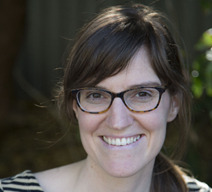
Dr. Eleanor Mahoney supported César E. Chávez National Monument by creating a database of source material on farm workers, United Farm Workers, the Chicano/a movement, and César E. Chávez, among other topics. This database helps park staff and partners answer questions from the public and form a foundation for educational programs. In addition, Mahoney worked with NPS staff at Pullman National Monument to develop exhibits for the site’s new visitor center. "Labor history is a universal story. Ask anyone if they've had a job, if they've worked, and the answer is going to be yes," she explained.
“Whether that is for wages or not for wages, inside the home, outside the home, in a factory, in a hotel, in a restaurant. Everyone has a labor history story, and so do their family members.”
Monuments and Memory Fellowship
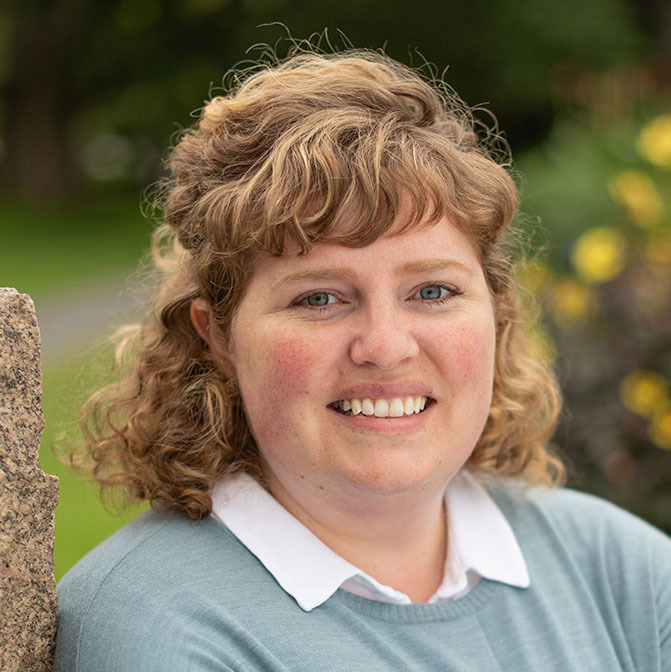
Dr. Emma Silverman is an art historian whose research examines the politics of monuments and memory. In the lead-up to the 250th Commemoration of the American Revolution, Dr. Silverman is developing a series of public talks and an ArcGIS Story Map, which will relate the histories of Revolutionary War monuments located in national parks to contemporary debates over public culture.
In 2019, the Mellon Fellows completed the first year of their three-year fellowships and we’re excited to see what they will accomplish next. Donate to National Park Foundation today to support initiatives like these that help all Americans see themselves in their national parks.